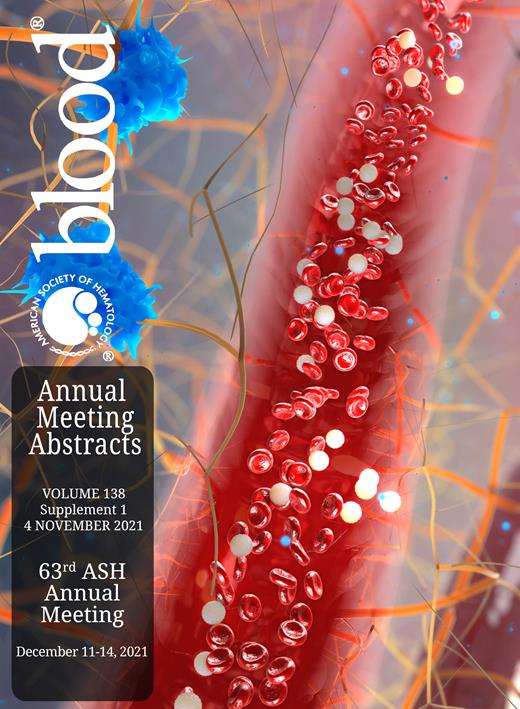Abstract
Introduction: Vaccines against severe acute respiratory syndrome coronavirus 2 (SARS-COV-2) were rapidly developed during the COVID-19 pandemic. There is emerging evidence of adverse hematologic effects including thrombocytopenia, for recipients of both mRNA and adenovirus-vector vaccines. We report findings in 9 patients diagnosed with thrombocytopenia following administration of an approved COVID-19 vaccine and managed according to the ASH COVID-19 Thrombosis with Thrombocytopenia Syndrome (TTS) recommendations [https://www.hematology.org/covid-19/vaccine-induced-immune-thrombotic-thrombocytopenia].
Methods: The study population included adults >18 years of age presenting to a large Canadian tertiary care centre, between April 1 st, 2021 and May 31 st, 2021, with new-onset thrombocytopenia within 31 days of receiving COVID-19 vaccination. Vaccines approved during this time period in Canada included BNT162b2 (Pfizer-BioNTech, mRNA) vaccine, mRNA-1273 (Moderna, mRNA) vaccine, and ChAdOx1-S (AstraZeneca (AZ), adenovirus vector-based) vaccine. We report on the initial presentation, management and 90-day outcomes.
Results: Among 9 patients with thrombocytopenia included in this cohort, the median age was 55 years (range 24 to 73), and 5 patients (56%) were female. Seven patients received AZ and 2 had Pfizer vaccines. All events occurred after the first dose of COVID-19 vaccine with a median of 11 days between vaccination and presentation to hospital (range 2 to 31). All patients admitted to hospital tested negative for COVID-19 by PCR.
Four patients developed TTS, as confirmed on both HIT ELISA and serotonin release assay, following AZ vaccination. Two patients presented with headaches and were diagnosed with cerebral vein thrombosis (CVT); and 2 presented with dyspnea and were diagnosed with venous thromboembolism (VTE). Platelet counts at presentation ranged 14-136 and D-dimer ranged 4000 to >44,000. HIT ELISA optical densities were persistently elevated. Three patients were admitted to hospital and received non-heparin parenteral anticoagulation, IVIG, and steroids. One patient had refractory thrombocytopenia with extension of CVT prompting use of therapeutic plasma exchange. Two patients had recurrent thrombocytopenia within 30 days of discharge and responded to repeat IVIG treatment.
Five patients developed immune thrombocytopenic purpura (ITP), four without associated thrombosis and one patient with history of ITP and splenectomy, maintained on Revolade, presented with ITP flare and deep vein thrombosis. Presenting complaints included petechial rash and minor bleeding such as epistaxis. Platelet counts ranged from undetectable to 67; D-dimer levels were normal in all at presentation. Four patients were admitted to hospital and received IVIG +/- steroids. Two patients had recurrent severe thrombocytopenia within 14 days of discharge, requiring repeat steroid pulse. See Table for summary of all patients.
Conclusion: In summary, application of the ASH TTS guidance to patients presenting with thrombocytopenia, with and without thrombosis, following COVID-19 vaccination was instrumental in the early identification and successful management of these complications.
Carrier: Sanofi: Honoraria; Pfizer: Honoraria, Research Funding; Servier: Honoraria; Bayer: Honoraria; Leo Pharma: Honoraria, Research Funding; BMS: Honoraria, Research Funding. Le Gal: BMS: Honoraria; Aspen: Honoraria; Bayer: Honoraria; LEO Pharma: Honoraria; Pfizer: Honoraria; Sanofi: Honoraria. Castellucci: BMS: Honoraria; Pfizer: Honoraria; Amag Pharmaceuticals: Honoraria; The Academy: Honoraria.


